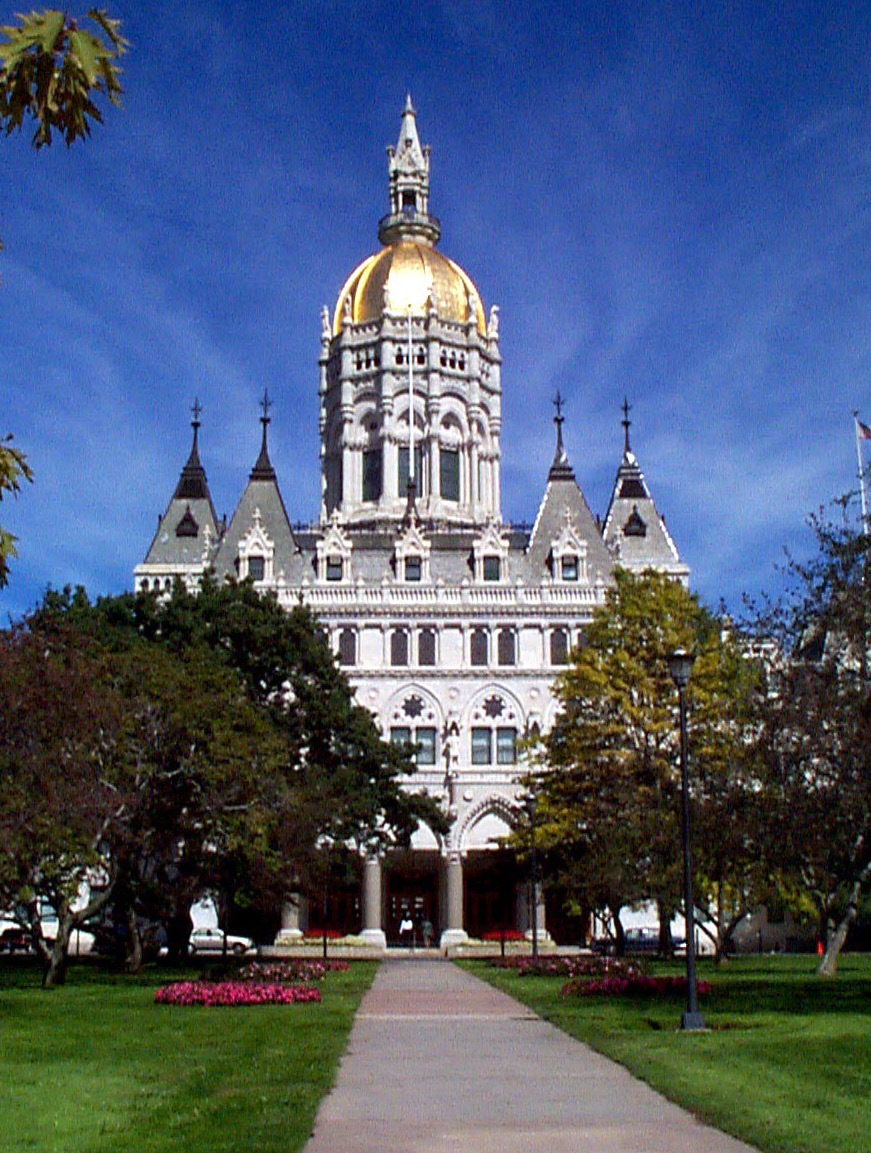
By Lauren Daley
Ring the bell for Round Two. Connecticut Governor Dannel P. Malloy’s battle against current state liquor laws once again is underway at the State Capitol. After winning the battle for Sunday sales last year, the governor again wants to get rid of minimum pricing on liquor. Malloy had proposed eliminating minimum pricing last year, but dropped it as part of an overall compromise that allowed Sunday sales starting in May. He is proposing it this year as a stand-alone bill: HB 6361.
Currently, liquor wholesalers set the minimum price; no one can sell below that price. The minimum pricing laws are designed to ensure big liquor stores can’t put smaller ones out of business by buying in bulk and offering deep discounts. The administration said minimum pricing results in the loss of at least $2.5 million a year in tax revenue because border-town residents head to Massachusetts for cheaper liquor. Malloy suggests that a new minimum pricing law would keep those sales in state, thus bringing in more state revenue — $1.5 million a year in liquor taxes and $1.1 million in sales taxes, according to Benjamin Barnes, Malloy’s budget chief.
Backers of both sides of the proposal butted heads Feb. 26 at the Capitol hearing. “We would not allow the car industry to set a minimum price on cars,” Malloy told reporters Feb. 26 at the state Capitol. “We wouldn’t all ow other industries to conspire to set prices. Somehow and some way, we decided it was OK to charge people in Connecticut more for liquor than they are charged in the surrounding states and to defend that system. And for the life of me, I don’t understand it.”
ow other industries to conspire to set prices. Somehow and some way, we decided it was OK to charge people in Connecticut more for liquor than they are charged in the surrounding states and to defend that system. And for the life of me, I don’t understand it.”
But Carroll Hughes, chief lobbyist for the Connecticut Package Stores Association said Malloy’s proposal could cost the industry about 800 jobs. “It will destroy half the (1,150) stores in Connecticut, maybe more,” Hughes said. He said the current minimum pricing also law helps the state’s local manufacturers, as well as small local stores thatcarry individual bottles of small-batch liquor. “In one fell swoop, they’re going to be destroyed,” he said.
Small business owner Adam von Gootkin, founder of Onyx Moonshine, based in Manchester, Conn., and the President of the Small Brand Council, agreed. “We’re adamantly opposed to this bill. There’s not a whole lot we small craft companies can do to compete against national corporations. When a small brand like ours comes out, there are things in place to help us; minimum pricing is one of those components. Without it, small brands could not succeed in the state of Connecticut,” said Von Gootkin.
At the public hearing on Feb. 26, William Rubenstein, Malloy’s consumer protection commissioner who was also a member of the Task Force, said Connecticut’s minimum pricing law was unlike laws in other states and it causes consumers to pay more.
State tax Commissioner Kevin B. Sullivan, who was also a member of the Task Force, said at the public hearing that Malloy wants to end the “arbitrarily established minimum bottle price” that “serves no legitimate public purpose” in Connecticut. “It is a system that is so complicated and so antiquated,” Sullivan said.
Rep. Daniel Rovero, D-Dayville, said Connecticut stores will never be able to compete as long as the state has a sales tax on alcohol and Massachusetts does not. He said from his observations and personal conversations, Connecticut residents often go north to buy alcohol, gasoline, and clothing because of the taxes.
Rovero said that before the state tries to “put every package store out of business,” it should make its tax rates competitive. “We can cut the price down do anything we want and make it the wild west…and we are not going to accomplish what we want to unless we get competitive with our taxes.” Responding that Connecticut is “unlike any other state’ in that has minimum pricing on its alcoholic beverages, he said, “If we’re the only state that protects jobs, I don’t mind being the only state.”
State Rep. Brenda Kupchick (R-Fairfield) countered at the hearing that Malloy’s bill “unfairly impacts these job creators in the state. These are your neighbors. They are the people who coach your kids’ baseball team or basketball team. This bill is basically a job-killer.”
The public hearing can be viewed here, and click General Law Committee February 26th Public Hearing.
A report will appear in the April issue and include an interview with former Task Force member, Economist Stanley McMillen, who supports HB 6361.




Join the discussion One Comment